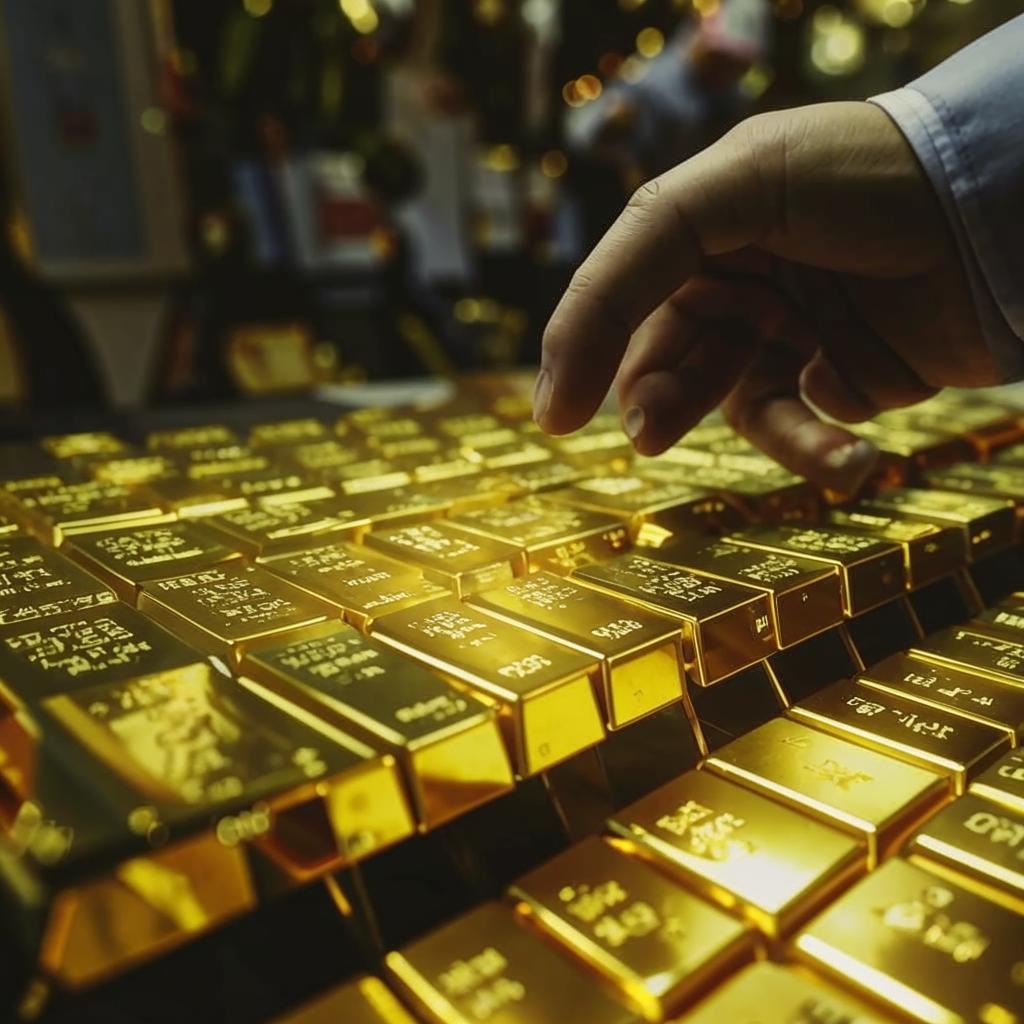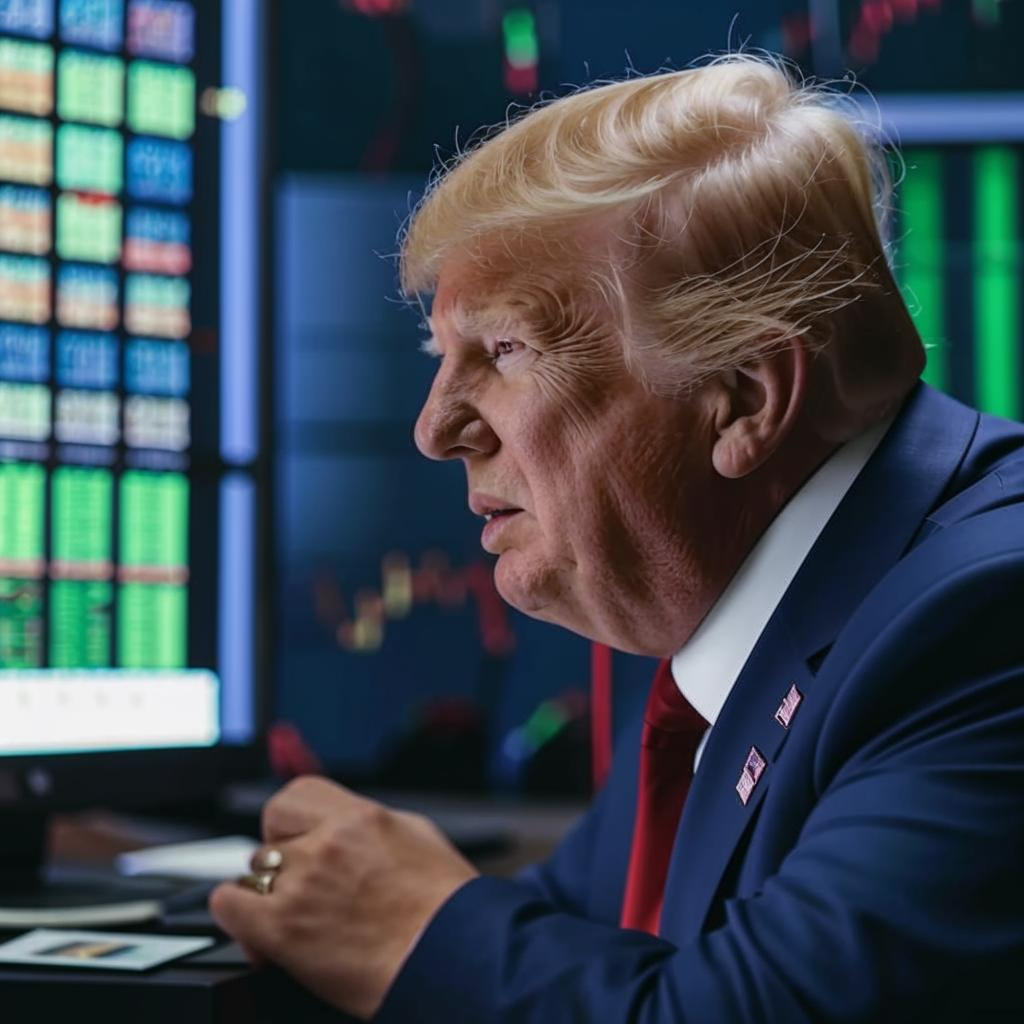China’s central bank has been on a gold-buying spree, significantly increasing its reserves. This surge in gold acquisition has sparked global interest and debate, with many analysts viewing it as a strategic move to insulate its economy from various international pressures.
Several factors contribute to China’s gold appetite. Firstly, gold is often considered a safe-haven asset during times of economic uncertainty. With concerns rising about global inflation, geopolitical tensions, and potential recessionary risks in major economies, holding gold provides a degree of stability.
Secondly, diversifying away from the U.S. dollar is likely a key motivation. As trade tensions and geopolitical competition between the U.S. and China persist, reducing reliance on the dollar is a prudent step for Beijing. Gold offers an alternative store of value that is not tied to any single nation’s currency.
Thirdly, the rise of the digital yuan could be playing a role. As China promotes its digital currency, bolstering its gold reserves could enhance confidence in the yuan, both domestically and internationally. This could strengthen China’s financial sovereignty and challenge the dollar’s dominance in the long run.
Finally, domestic factors also matter. China’s growing middle class and increasing wealth are driving up demand for gold jewelry and investment products. This further supports the country’s overall gold market and incentivizes continued accumulation. While the exact implications of China’s gold buying spree remain to be seen, it is clear that it reflects a complex interplay of economic, geopolitical, and financial considerations. This trend is likely to continue as China seeks to secure its economic future in an increasingly volatile world.











